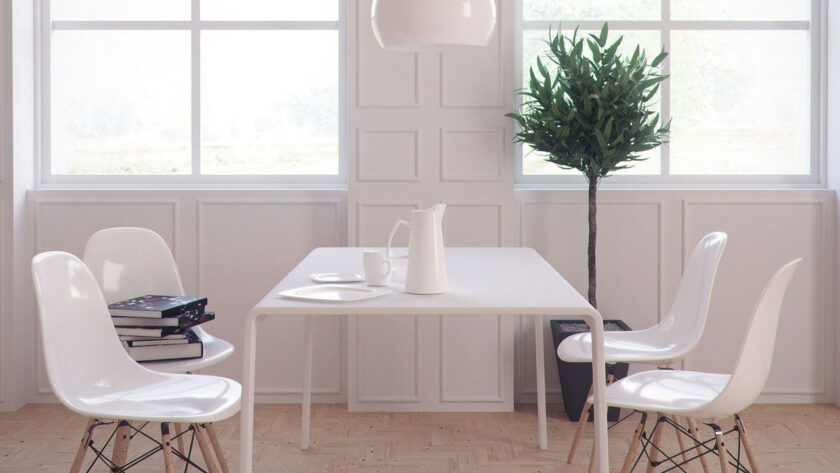Buying new things isn’t necessarily bad, unless it’s not really benefiting you. Here are some things to think about before your purchases.
Why Buy New Things? Good question. Sometimes we get the urge to go buy something new, but it helps to understand the reasons why we are thinking of doing this.
Reasons, is it a need or want?
-
Need – a need is something we require in order to survive. Needs include things like food, water, shelter, sleep. Sometimes an item is to enhance a need, such as a tasty food that’s available right now, water that’s portable in a bottle that’s available now, something that make’s our shelter (home) nicer in some way, and things that can enhance our sleep. These things are still wants. Needs include having access to clean water, being able to sleep in a safe location that is free from danger, and enough food and nutrients to sustain your body. These are needs that much of the world struggles to get on a daily basis. If you are reading this right now, you are likely not one of these people. Just to put things in perspective: “The United Nations Food and Agriculture Organization estimates that about 795 million people of the 7.3 billion people in the world, or one in nine, were suffering from chronic undernourishment in 2014-2016. Almost all the hungry people, 780 million, live in developing countries, representing 12.9 percent, or one in eight, of the population of developing counties.”[1] Needs are things needed to survive, and likely if you are buying something you consider a need, it’s also part “want.”
-
Wants – everything that isn’t considered a need.
Why is this important?
I’m not trying to shame you into not wanting things. Wanting is a normal thing. Everyone wants. Minimalism is a want in itself. It’s a want for peace, clarity, and simplicity. But once we can distinguish the difference, it helps us better understand things we don’t “need” in our life. All the stuff that holds us back and drags us down. All the things that clutter our life and steal our time. We have so many things, and we are allowed to own them, but we should only own the things that we truly like and appreciate and let go of ones we don’t. This will greatly enhance the quality of our lives. Also by even donating the things we don’t use to charities, we can possibily enhance the lives of others with them. Some things may not be of use to us, but they may bring joy to someone else who will actually use them.
Why buy new things though?
If we are buying something new, it is likely a want. When we realize this, we can have less attachment and needy feelings towards that item. We can more accurately identify why we want the item and determine if it will bring value to our life.
For example, I recently just bought a purse that I personally feel brings value to my life. Here are some reasons why:
- I like to use a purse
- My current purse was very worn out and I had been wanted a new one for quite awhile
- My current purse made me feel embarrassed at times due to tearing and damage. My perception of how I felt holding my purse was unpleasant. I realize I could learn to be okay with my old purse, but I realized I would find more joy with a new one, and I rarely buy things for myself and had funds to do so.
- I deeply analyzed my purse “needs” when it came to what color, size, and shape I wanted. I knew how I wanted it to feel, and I knew I wanted it to go with everything I own (therefore It would be black, lol).
- After months of observing in stores and online the selections available, I found something I felt to be perfect for my needs (perfect size, shape, color, etc.).
- I hunted for the best price, found it, bought it.
This is an example of how I personally choose things I want to bring into my home. Here is a good breakdown of my process for most items:
To Buy or Not to Buy?
- I notice something I see or notice a “need” or desire I want to have filled.
- I ask myself if owning something to fill that “need” is worth it. Specifically, does the benefits outweigh the costs? If it’s a new car, is it worth the new payments that will be made on it? Or would the cost/benefit be better with the current car or current method of transport? (IE: Uber, taxi, bus, walking, other)
- How much time will this item cost me? (Not just the monetary cost, but upkeep, cleaning, storage.)
- Sleep on it. With most purchases, waiting to make a decision until you’re sure can help you not buy things you’ll regret. Most purchases are done on impulse, and sleeping on it can greatly help you know for sure if it’s the right thing for you. Sometimes you need more time, sometimes less. Waiting and taking the time to ask yourself the right questions can help prevent after-purchase-regret.
More questions?
Things to consider when making a purchase:
- How often will I really use this item? (If it’s not used much, is it worth buying?)
- Will this item be a favorite item? (Why buy something if you don’t love it?)
- Am I only buying this because it’s on sale? (Would you not want it otherwise?)
- Am I buying it because it reminds me of something of the past? (Does it fit with your lifestyle now? Or fit with the lifestyle that you’re creating?)
- Do I already have something that is similar or is used similarly? (If so, why own 2? And if you still want it, will you get rid of the other item?)
- Does this item suit me and my home/space? (If so why, and why is it important to you?)
- Do I really have enough money for it, or should the money be spent on something more important? (Sometimes we lose track of the most important things we should be doing with our money and we spend it on things that only set us back. Minimalism is about focusing on which things bring you the most happiness and joy. Does this item do this for you? Or would you be happier with your money and energy going somewhere else?)
If you liked this post, please feel free to read more of mine.
Sincerely,
-Margot
Sources:
- https://www.worldhunger.org/2015-world-hunger-and-poverty-facts-and-statistics/



